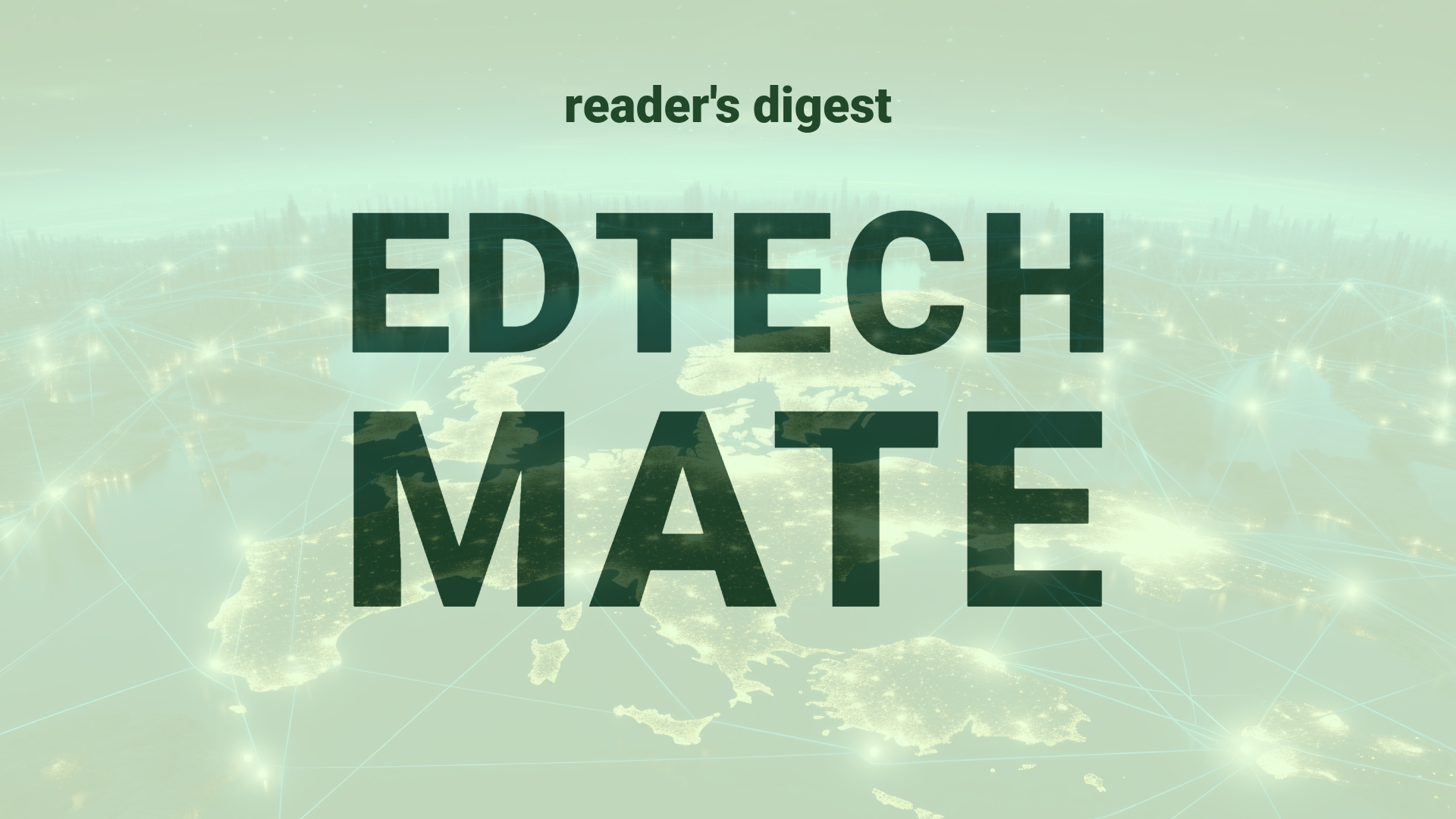“`html
Executive Summary and Main Points
Generative AI (gen AI) has emerged as a transformative technology capturing the interest of business sectors, including education. Embraced by early adopters and viewed cautiously by skeptics, gen AI’s strategic implications are deemed a ‘must engage’ by experts. Risks are substantial, requiring a strategy encompassing both defensive and offensive measures. Regulatory dynamics differ noticeably from previous data privacy approaches, making it challenging to establish a universal regulatory framework. Transparency and explainability remain key hurdles, with industries like financial services anticipating more stringent sector-specific regulations.
Potential Impact in the Education Sector
Gen AI’s evolution could revolutionize the education sector, compelling Further Education, Higher Education, and providers of Micro-credentials to explore strategic partnerships and digitalization avenues. Incorporating gen AI responsibly could offer personalized learning experiences and scalable teaching aids. Universities and colleges must consider the strategic and operational risks, including data privacy, quality of educational content, and job market shifts due to automation. Regulatory adaptation and ethical usage of AI become focal points for institutions worldwide.
Potential Applicability in the Education Sector
AI-infused tools could provide innovative applications for personalized student support and content delivery. Gen AI could augment research capabilities, generating novel insights or predicting educational trends. However, the applicability comes with the caveat of maintaining transparency, ensuring fair educational outcomes across diverse demographics, and incorporating sustainability within AI’s use according to the institution’s social responsibility goals.
Criticism and Potential Shortfalls
Critical analysis reveals that while gen AI promises efficiency and personalization, it raises concerns around data integrity, bias in decision-making, and scalability of oversight mechanisms. International case studies show variability in gen AI regulation and ethical standards, necessitating a nuanced approach to implementation. The cultural context is paramount, as AI applications must respect diverse educational values and practices. There’s also a need for a sustainable approach due to the computational demands of gen AI technologies.
Actionable Recommendations
International education leaders should proactively integrate gen AI within their strategic planning, emphasizing ethical standards, transparency, and the dynamic nature of AI risk management. Continuous professional development of educators in the AI space is recommended. Setting up monitoring systems for gen AI applications to ensure compliance with evolving regulations and ethical guidelines is essential, as is an inclusive dialogue across global education systems to address potential disparities stemming from AI integration.
“`
Source article: https://www.mckinsey.com/capabilities/strategy-and-corporate-finance/our-insights/managing-the-risks-around-generative-ai

